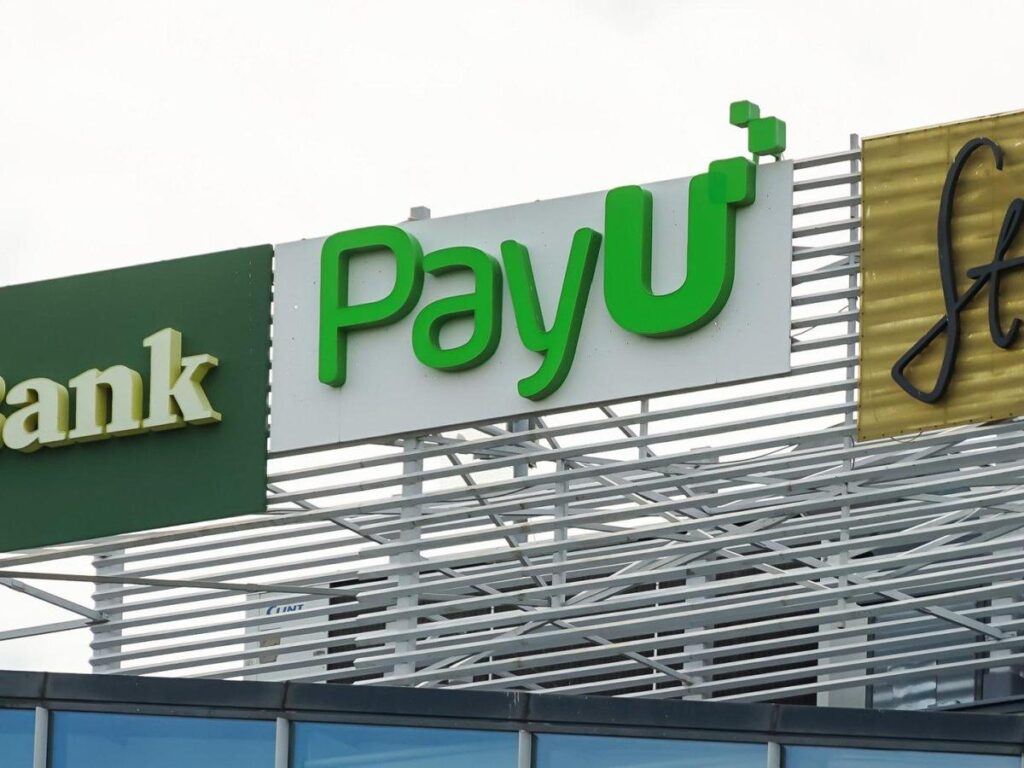Exclusive: PayU India Secures INR 302 Crores Investment from Prosus to Expand Credit Business
PayU India, a fintech platform owned by Prosus, has recently raised INR 302 crores (approximately $35 million) from its parent company Prosus to strengthen its credit business. This funding round involved the issuance of 4.9 crore equity shares to MIH Payments Holdings B.V., the financial investment arm of Prosus parent Naspers. The infusion of capital aims to fuel the growth of PayU India’s credit services, with a target to achieve profitability by September.
According to PayU India’s Managing Director, this investment not only supports the expansion of their credit vertical but also reflects Prosus’ confidence in their strategic direction and potential for success. This funding follows a previous capital injection of INR 1,013 crores by Prosus through a rights issue, indicating a continued commitment to fostering PayU India’s growth trajectory.
Evolution of PayU India
Established in 2002, PayU operates as the digital payments and lending arm of Prosus. Originally launched as PayU PG in 2011 to facilitate e-commerce transactions, the platform evolved into PayU India after being demerged from Ibibo in 2014. PayU India currently operates two core businesses – digital payments and digital lending.
Financial Performance and Strategic Focus
PayU India’s total revenue witnessed a 21% year-on-year increase to $669 million in FY25 from $551 million in FY24, as reported in Prosus’ annual filings. Despite this revenue growth, the adjusted EBIT (aEBIT) showed a widening loss from $32 million in FY24 to $44 million in FY25. Notably, the payments segment achieved breakeven in the second half of FY25, demonstrating a positive trajectory.
On the other hand, the credit vertical experienced significant growth, with revenues surging by 60-63% to $171 million and loan disbursements reaching $1.1 billion in FY25. The loan book size stood at $558 million by the end of the fiscal year, showcasing the strong demand for PayU India’s lending services.
Strategic Initiatives and Future Outlook
While there have been ongoing discussions about PayU India’s potential IPO, the company has deferred these plans to focus on strengthening its operational capabilities in the near term. By prioritizing profitability and operational efficiency, PayU India aims to enhance its market positioning and drive sustainable growth.
Looking ahead to FY26, PayU India is set to concentrate on expanding its fintech ecosystem, engaging with a diverse range of stakeholders including merchants, financial institutions, and end-users. The recent regulatory approvals, such as the lifting of merchant onboarding restrictions and authorization as a payment aggregator by the RBI, are anticipated to accelerate transaction volumes and revenue generation.
Enhanced Risk Management and Business Model
In response to evolving market dynamics, PayU has refined its credit underwriting standards and shifted towards collaborative partnerships and SMB lending offerings. By focusing on checkout financing and SMB loans, PayU aims to mitigate risks and drive sustainable profitability in its lending portfolio. The company’s strategic shift towards SMB lending resulted in these loans constituting 23% of the total lending volume in FY25.
PayU’s strengthened risk management practices and strategic realignment have contributed to improved performance within its loan portfolio, highlighting the company’s adaptability and long-term viability.
Competitive Landscape and Growth Trajectory
Within the competitive landscape, PayU India faces competition from industry peers such as Razorpay, Pine Labs, Cashfree, and Paytm, across its payments and lending verticals. Despite this competitive environment, PayU India’s strategic focus on operational efficiency, profitability, and market expansion positions the company for sustained growth and leadership in the fintech sector.
With a renewed emphasis on profitability, operational excellence, and strategic partnerships, PayU India is poised to capitalize on the evolving fintech landscape and deliver long-term value to its stakeholders.


